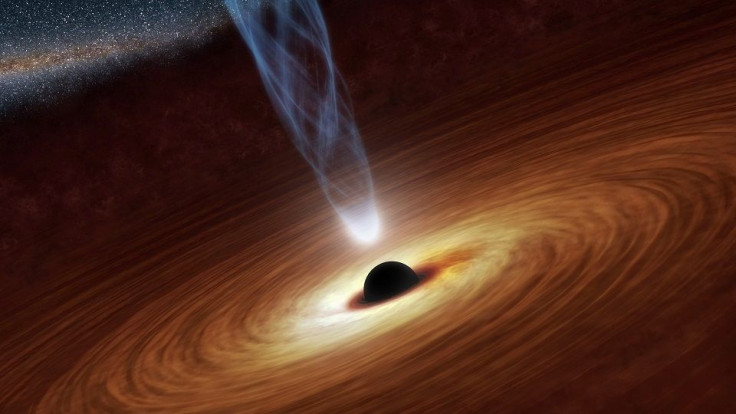Portuguese researchers say dark energy could cause a cold, gradual death of universe

University of Lisbon scientists warn that the universe could die and self-destruct because of dark energy. The basis of their theory is that 68 percent of a hypothetical form of energy – dark energy – is directly opposed to the force of gravity.
Little is known of that mysterious substance, except that dark energy gradually speeds up the universe’s expansion. But it is opposed by the strong gravitational pull between the galaxies within the cosmos.
There are several versions of the theory that the universe would be destroyed in a big rip, according to Mariam Bouhmadi-Lopez from the university. But a common thread among these theories is that the galaxy where Earth belongs and other galaxies within the universe would be ripped apart and everything would be gone, The Sun reports.
But other scientists believe the universe would not destroy. However, it would continuously expand forever until all stars die and what would only remain are black holes that would fade away and leave behind a massive void.
However, many believe the galaxies and planets would gradually inch farther and farther apart until everything is too isolated and cold to interact which would steadily kill off the universe. The event is called the “Big Freeze” or “Heat Death” of the universe, Daily Mail reports.
If dark energy does not behave the way science predicts it would, rather than result in a stable expansion of the universe, it could accelerate the expansion over time and lead to the large, cosmic tear, or the Big Rip.
The bases of those theories are the latest maps of the cosmos from observations made by the Wilkinson Microwave Anisotropy Probe and the Planck satellite which analysed the three rip scenarios most likely to occur.





















